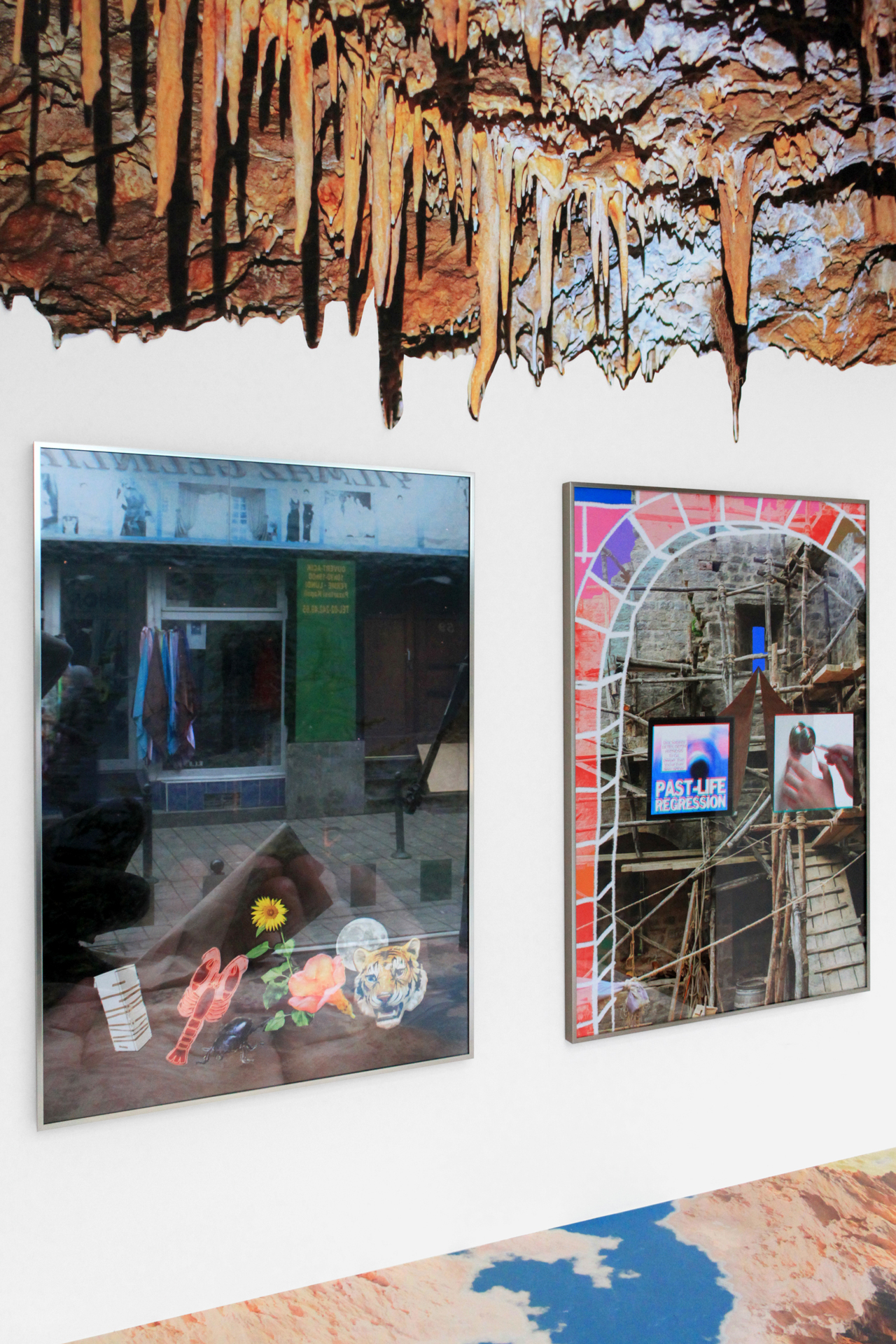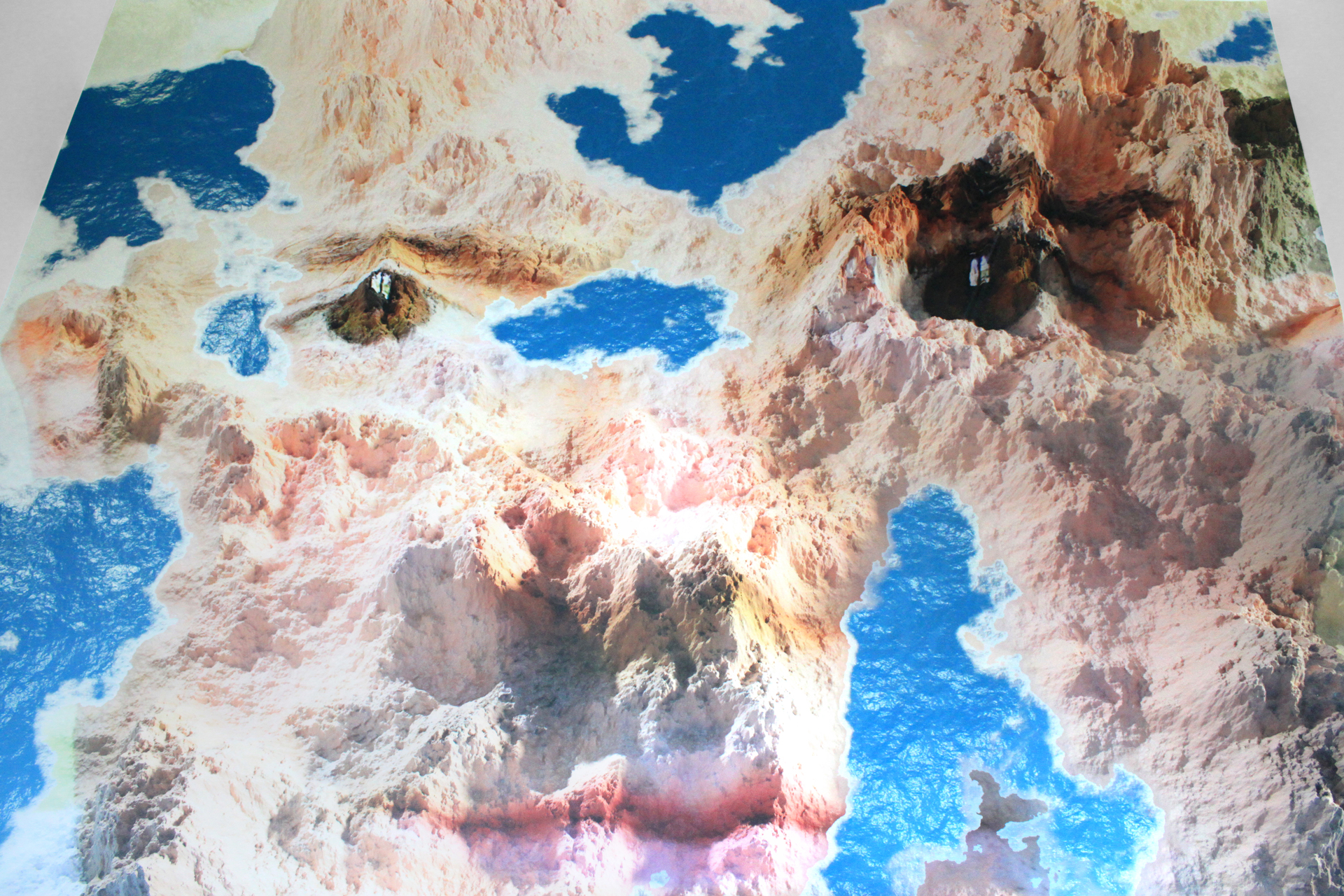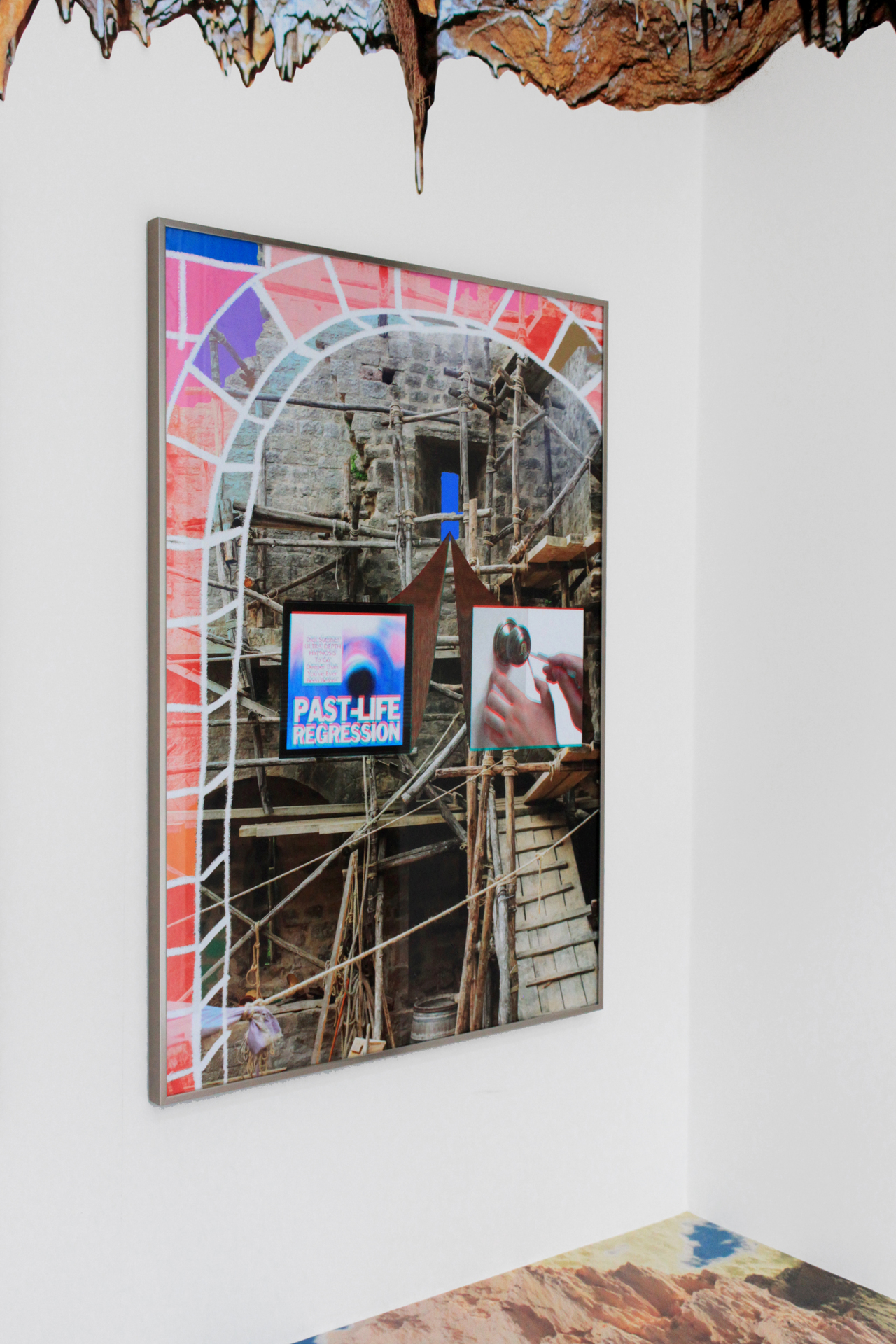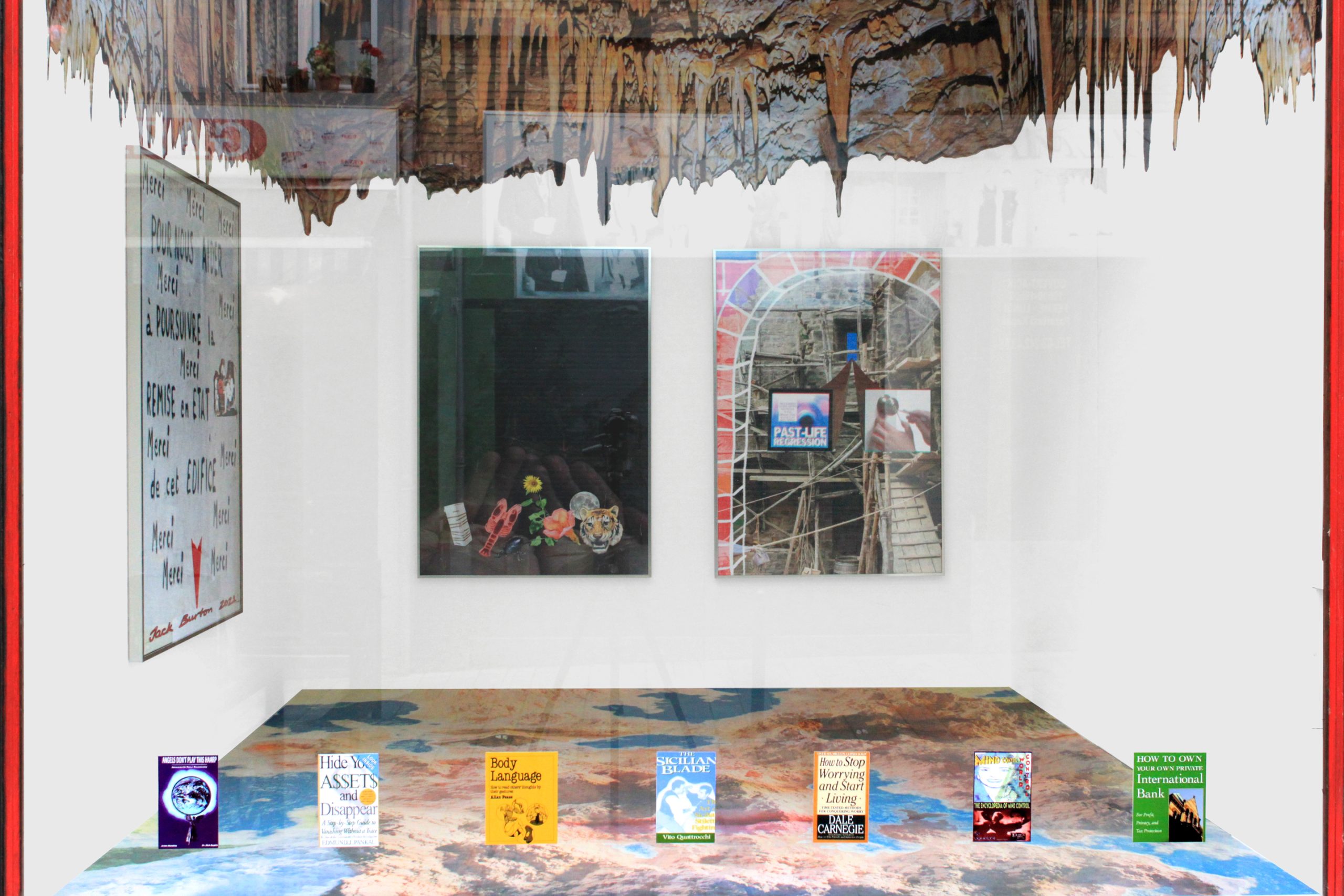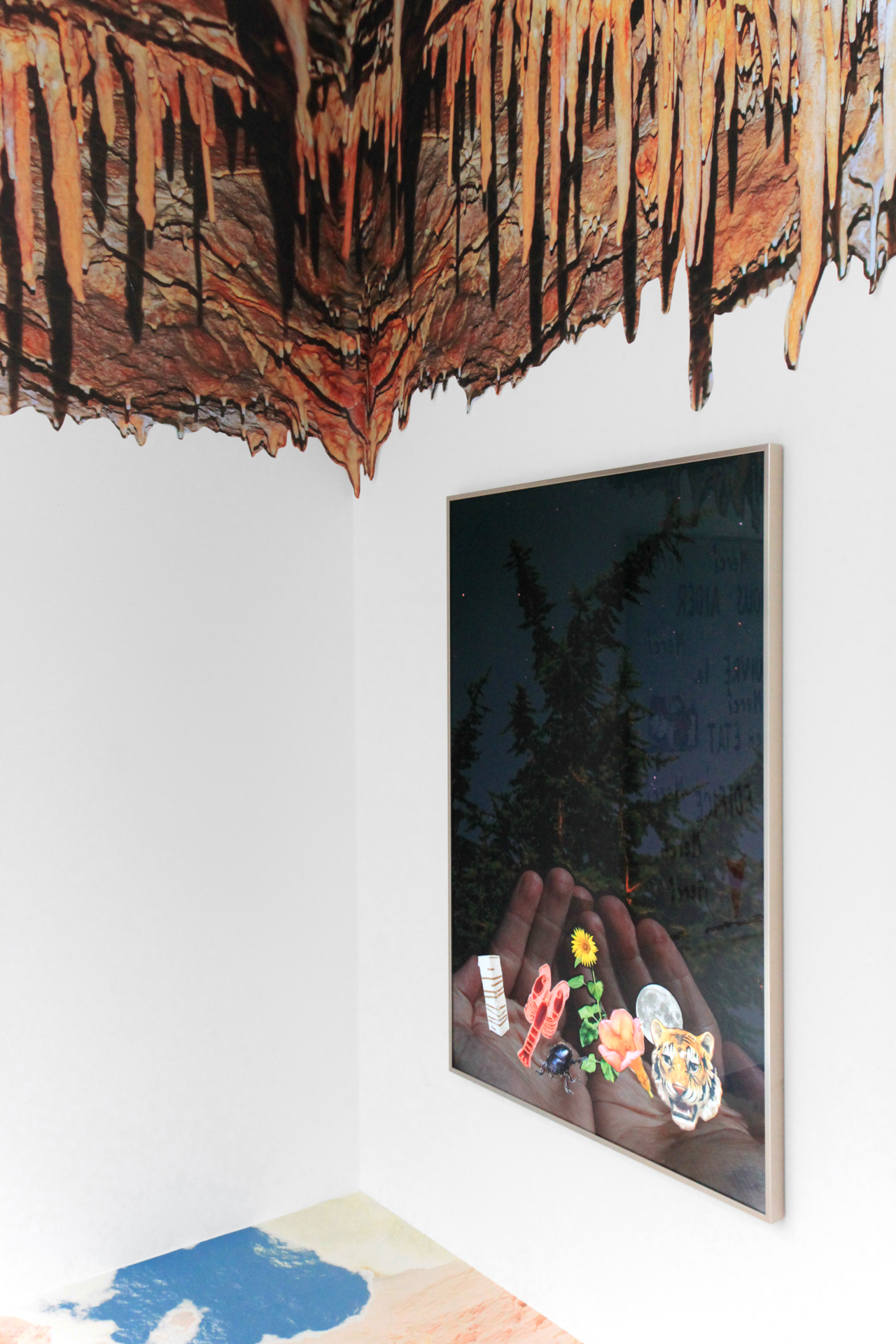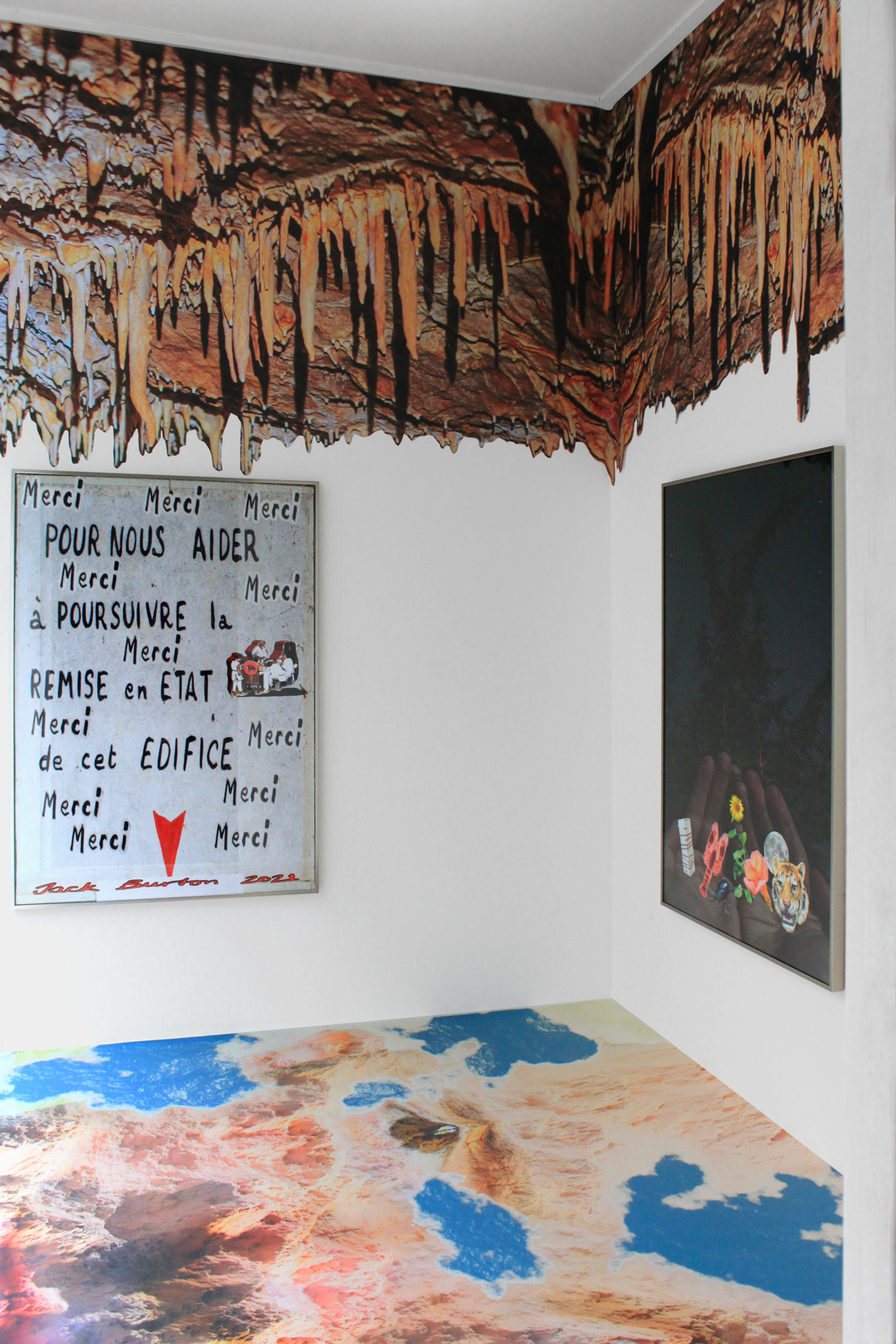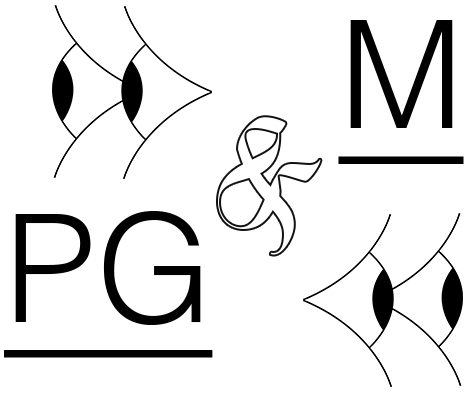Jack Burton
“Thank You, Thank You, Merci, Bedankt”
If you give something enough attention, you can escape your mind’s normal monologue, and over the summer, I gave a lot of attention to making landscapes in computer modelling programs. There is a state of grace to be found in it. I liked making mountains the best; I put my face on a range so it could look back at me, and I was flying.
In fact I got lost in my computer. I watched hours of modelling tutorials, saw whole worlds with simulated lifeforms come into being; moreover, I sought out increasingly niche areas of knowledge on the internet.
One of the things I found was an open-source archive of dark-web marketplaces, scraped by a vigilante economist, over a period of two weeks in 2015. I downloaded all the images of things for sale on one marketplace on a particular day to see what was being offered.
It was mostly drugs, but to my surprise, also a lot of books and pdfs on how to escape, how to hide, how to transcend, how to regress, how to disappear, how to fake your own death, how to get people to like you, how to be a good lover, how to have spiritual experiences with psychedelics, and on and on. In short, what was being sold, either as a chemical or as a source of knowledge, was the possibility to escape whatever state of existence you might find yourself in.
The dark-web jpegs made their way into the work I was making from photos of the Occitan region of France, where I spent the summer. Occitanie is Cathar country, and the Cathars had some wily ideas about existence. Because of these ideas, they had to build fortress towns on top of rocky hills to avoid being killed by Catholics during the 12th, 13th, and 14th centuries. Get high, escape. Somehow my photos of the region and the dark-web jpegs made a natural fit.
While there, I also visited a cave system full of speleothems: stalagmites, stalactites, flowstone, straws, columbs, and drapery; which are all mineral formations made over millennia by dripping water. In the cave my mind twisted thinking about how to create such a complex and organically formed environment in my computer. It was overwhelming.
There was a skeleton of a gigantic bear in the cave too, thousands of years old, along with the bones of its prey. The bear had chosen this subterranean place of safety, and I wanted to hold its jawbone in my palms and thank it for leaving its presence in the cave. It gave me something to imagine – the force of the teeth and the fear of the prey – which allowed me to side-step my claustrophobia, and the spinning monologue of my thoughts. Thank you, thank you, merci, bedankt.

